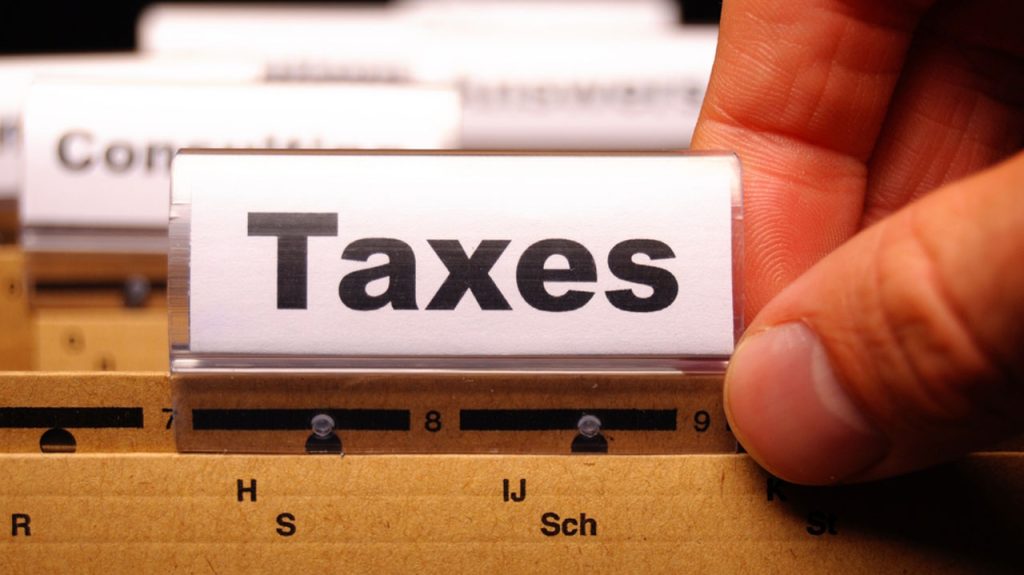The Nigerian Federal Government has put forward a proposal for a five percent excise duty on telecommunications services, gaming, and betting activities as part of a new legislative bill aimed at revamping the country’s tax system.
The bill, titled “A Bill for an Act to Repeal Certain Acts on Taxation and Consolidate the Legal Frameworks relating to Taxation and Enact the Nigeria Tax Act to Provide for Taxation of Income, Transactions, and Instruments, and Related Matters,” was dated October 4, 2024, and obtained from the National Assembly.
The proposed legislation outlines the introduction of excise duties on various services, including telecoms, gaming, gambling, lotteries, and betting activities provided within Nigeria.
According to a section of the bill, the amount of an excisable transaction is the amount chargeable for the service by the service provider, both in money or money’s worth.

“Services, including telecommunications, gaming, gambling, betting, and lotteries however described, provided in Nigeria shall be charged with duties of excise at the rates specified under the Tenth Schedule to this Act in a manner as may be prescribed by the Service.”
A detailed review of the excise duty structure indicates that telecommunications services—both postpaid and prepaid—regulated by the Nigerian Communications Commission will be subject to a five percent duty. The same rate will also apply to gaming, gambling, betting, and lottery services.
Additionally, the bill introduces guidelines on currency transactions, specifying that any variance between the Central Bank of Nigeria’s (CBN) official exchange rate and the actual transaction rate will be subject to excise duty.
This new tax policy is part of the government’s strategy to increase non-oil revenue amid growing fiscal challenges. Authorities aim to expand the country’s revenue base by capitalising on the rapidly growing telecom and betting industries.
The bill also seeks to ensure compliance with official CBN exchange rates, with any discrepancies liable for excise duty under a self-assessment model.


